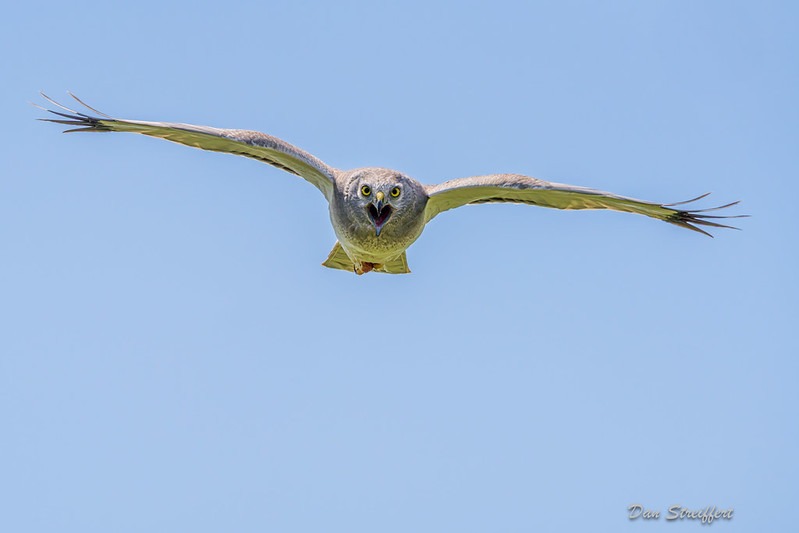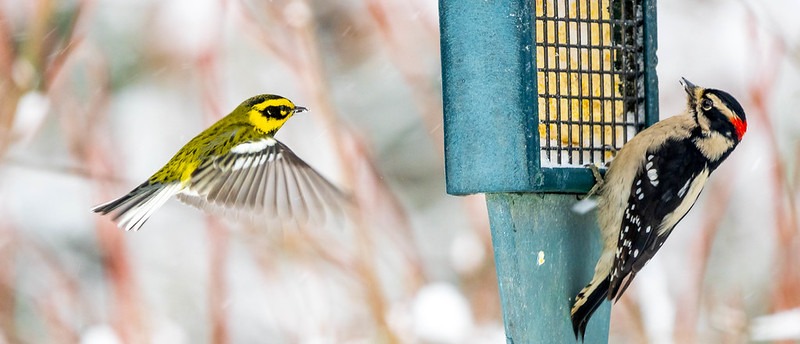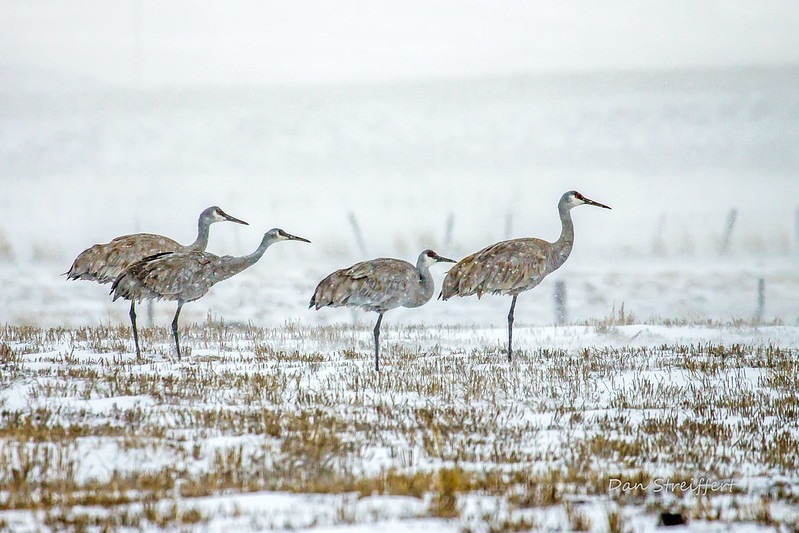
Current Projects
Learn about what’s currently going on regarding the conservation of wildlife and habitats in the South King County and North Pierce County area.
Green River Natural Resource Area

Kent, WA
Find out about the bird-friendly community the city of Kent is creating with its improvements to the Green River Natural Resource area and its proposed environmental interpretive center.
Camp Kilworth Preserve

Federal Way, WA
Learn about conservation efforts to protect this open space for outdoor environmental education.
Nest Box Projects

Auburn
Members of Rainier Audubon repair, refurbish and build nest boxes for installation at area parks and properties for the benefit of cavity nesting birds.
Counting Vaux’s Swifts at the Selleck Schoolhouse

Audubon’s “Vaux’s Happening” project has been documenting the Selleck activity for the last twenty-eight years. Last year, Selleck recorded the fourth highest count of any site in North America. We would like to invite you to experience this wonderful natural spectacle while also contributing as a “citizen scientist” to help document the use of this roosting site.
Veazie Marsh

Rainier Audubon is working with King County in their efforts to restore these wetlands.
Water temperatures in Newaukum Creek regularly exceed state standards for temperature which negatively impacts salmon. This wetland contributes a lot of warm water to the stream during summer/early fall. Likely future restoration actions would include methods to moderate water temperature while enhancing fish and wildlife habitat (planting trees and shrubs, placing large downed wood and snags, etc.).





